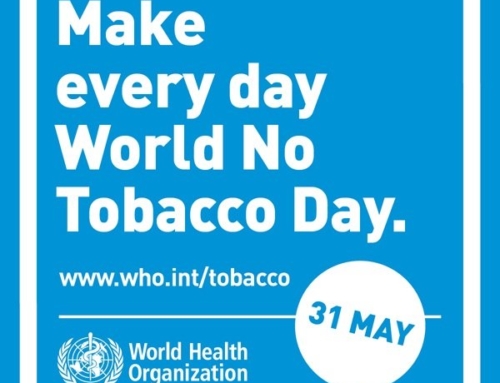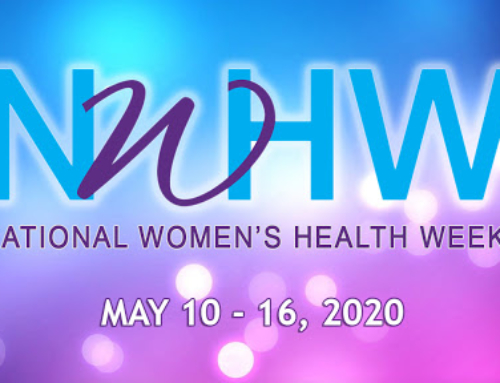Patients trust you to give them the best counsel on how to protect their health. You know that immunization is an important preventive measure—but it’s unlikely that getting vaccinated is on the radar for your adult patients. Your strong recommendation is critical in ensuring that they get the vaccines they need to help them stay healthy.
Adults are not getting the vaccines they need. The latest data from the Centers for Disease Control and Prevention (CDC) shows vaccination rates for adults are low (National Health Interview Survey, 2015). For example, only 20 percent of adults have received a Tdap vaccine. Even high-risk groups are not getting the vaccines they need—only 20 percent of adults 64 years or younger who are at increased risk for complications from pneumococcal disease are vaccinated. Every year, thousands of adults in the U.S. become needlessly ill from infectious diseases. Many adults are hospitalized and some even die from diseases that could be prevented by vaccines.
Your patients are likely to get the vaccines you recommend to them. Clinicians are a valued and trusted source of health information for adults. Your patients rely on you to let them know which vaccines are necessary and right for them.
Since many adults are not up to date on their vaccines, all healthcare professionals should use every patient encounter as an opportunity to assess whether any vaccines are needed.
If the patient is due for a vaccine, make a strong recommendation that you advise getting the vaccine because it can help protect them against a disease that could be serious. For some patients, this may be sufficient information to accept the vaccine. Others may want to learn more about the vaccine and why it is right for them. For these patients, sharing the following can help them make an informed decision.
- Share the tailored reasons why the recommended vaccine is right for the patient, given his or her age, health status, lifestyle, job or other risk factors.
- Highlight positive experiences with vaccines (personal or in your practice) to reinforce the benefits and strengthen confidence in vaccination.
- Address patient questions and any concerns about the vaccine, including side effects safety and vaccine effectiveness in plain and understandable language.
- Remind patients vaccines protect them and their loved ones from many common and serious diseases.
- Explain the potential costs of getting vaccine-preventable diseases, including serious health effects, time lost (missing work or family obligations) and financial costs.
Some patients may need additional time to consider information about vaccines or want more details than can be provided during a single office visit. You can take several different actions to help patients receive recommended vaccinations:
- Provide educational materials or trusted websites for them to review.
- Send reminders about needed vaccines.
- Document the conversation and continue the discussion at the next visit.
To download free patient education materials or find resources on addressing patient questions and concerns about adult vaccines, visit www.cdc.gov/vaccines/hcp/adults.
August is National Immunization Awareness Month (NIAM)—a reminder of the importance of immunization in keeping our communities healthy. Your strong recommendation can make a difference.
If you’re interested in learning more about how to best recommend the HPV Vaccine to your patients, join us at our free continuing education summit in Starke on September 6, Boosting HPV Vaccinations in Rural Florida.








You have brought up a very great details , thanks for the post.